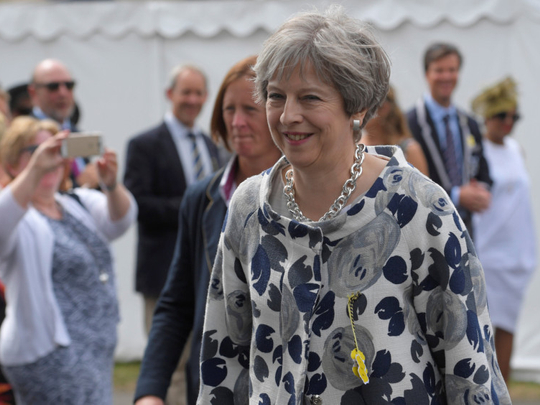
Goodbye, Glastonbury; hello, House of Commons. As the tide of Jeremy Corbyn’s glory recedes, the familiar rubble of Labour disunity once again litters the beach, notably in the rebellious person of Chuka Umunna.
The cause appears to be an angels-on-a-pinhead dispute among Labour soft Brexiters, between those who want to stay in the single market and those who want to leave but keep the benefits. On this matter of principle, and boosted by his Glastonbury reception, Corbyn decided to wield the whip and sack three of his front-bench team. The given reason is that they disobeyed party orders — a subject on which Corbyn is a past expert.
It is now dubiously assumed that leaving the European single market was the explicit intention of last year’s referendum vote to leave the EU. This is assumed even though, with the exception of immigration control, most voters seem to want to retain the other benefits of a single market. How to turn the base metal of Brexit into the gold of global free trade is the philosopher’s stone of today’s politics. The truth is it cannot be done.
It is becoming increasingly clear that Britain and the EU will have to find a way for Britain to stay in the European Economic Area, with many of the costs and without many of the benefits. That is the only plausible way to marry voter fantasy with economic reality. But how to achieve this with today’s fractured politics and hung parliament remains a baffling prospect. Indeed, it is near-inconceivable.
Ad hoc arrangement
The way forward has to be through some ad hoc parliamentary arrangement. The good news is that the House of Commons is, or was, overwhelmingly pro-remain, and is now overwhelmingly for any softest Brexit compatible with the legal act of leaving the EU. Most Tory MPs, most Labour MPs and virtually all minority-party MPs are of that persuasion.
In that case, a sane politics would form a joint committee of the house to oversee the negotiations. Have Labour and/or Liberal Democrat MPs on a ministerial inner group. Take this desperately difficult issue out of partisan politics, so compromise can be agreed at each turn. Let’s find our way through whatever other troubles lie ahead, without exacerbating them at every turn on the floor of the house.
Sooner or later, some version of “soft Brexit” must be sold to a British public deeply sceptical of its political establishment. Tory backwoodsmen will have to be faced down. Hardline leavers and remainers will have to be squared. The right body to do this is a House of Commons configured for compromise, acting collectively in the national interest. The only question is whether Theresa May and Corbyn are up to it.
— Guardian News & Media Ltd
Simon Jenkins is a journalist and author. He has edited the Times and the London Evening Standard. His recent books include England’s Hundred Best Views, and Mission Accomplished? The Crisis of International Intervention.










